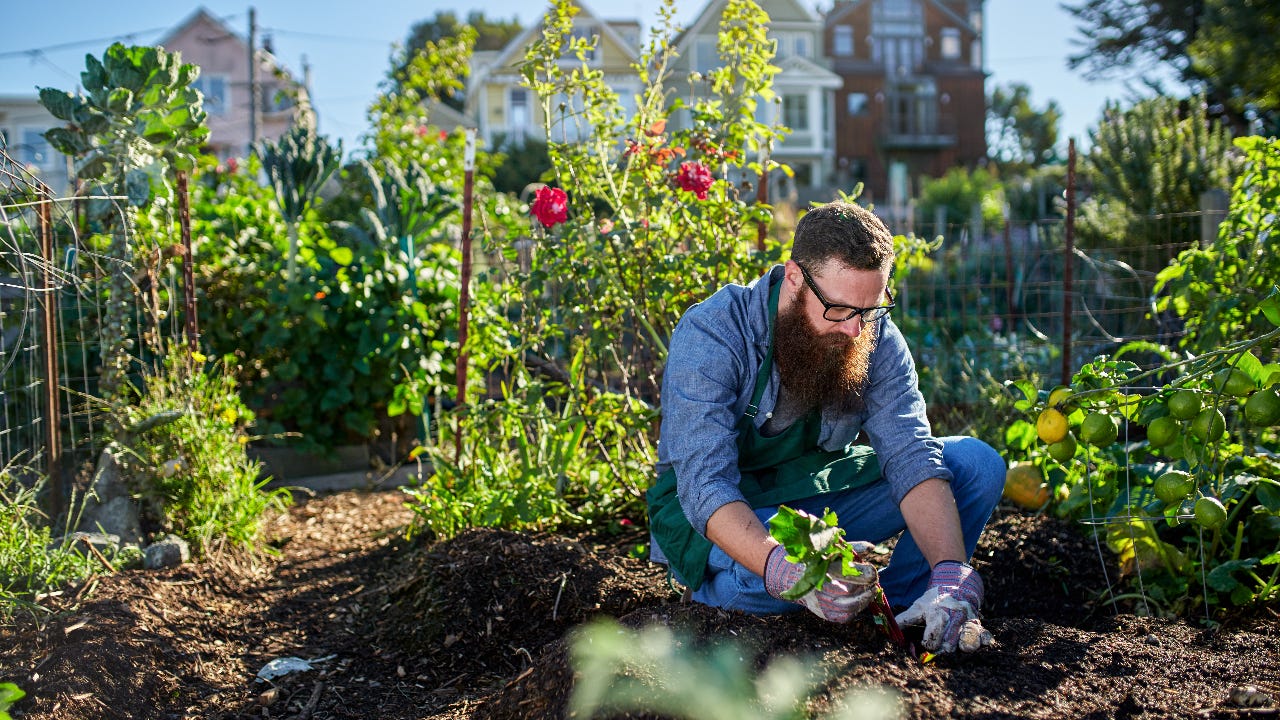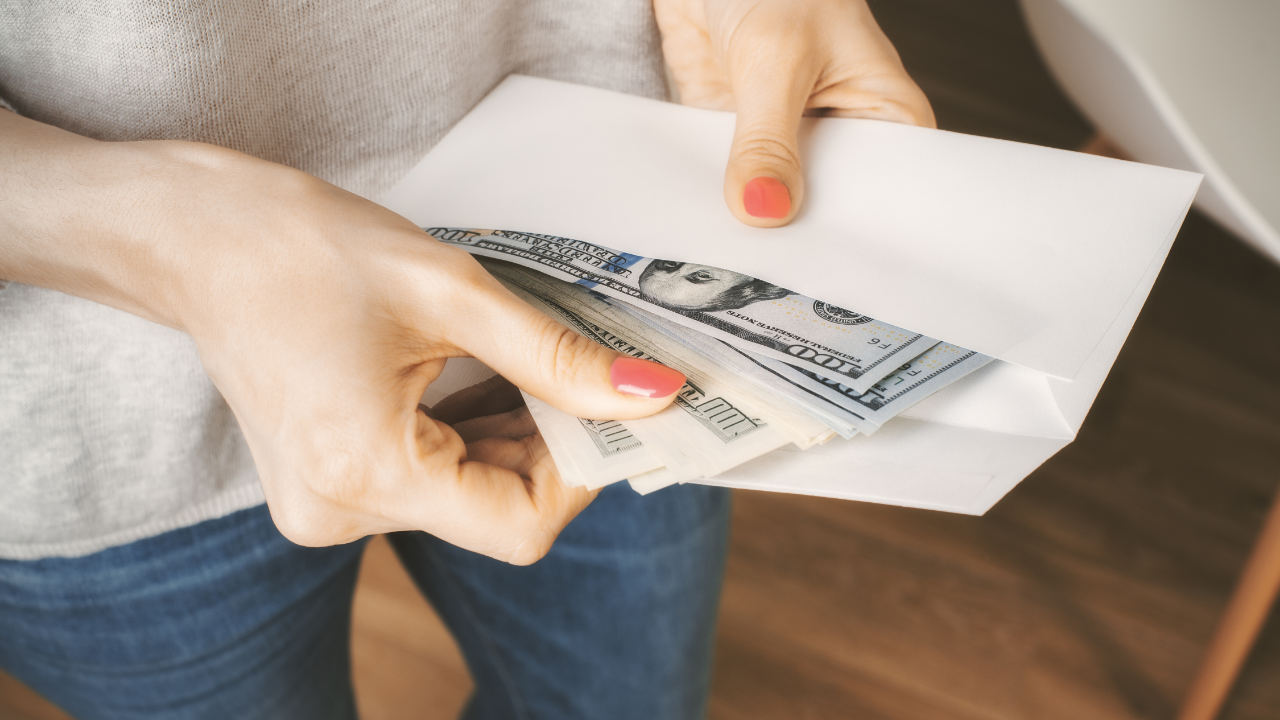What does it mean to be frugal?

When it comes to saving money, most experts preach the gospel of thrift. For the most part, that means finding ways to pay less for everything from groceries to clothing, utilities and everyday bills. Being thrifty or frugal also means simply going without some things, mostly because it helps you reduce financial waste while freeing up more cash to save.
However, there’s a difference between being frugal and being cheap, and some strategies that help reduce spending now could cost you in the long run. If your goal is saving money this year, focusing on frugality can help.
Key takeaways
- Frugal people prioritize spending money on things that add value to their life, and they avoid using money for what they don’t consider important.
- Those who are frugal recognize the value of their time, health and happiness over material possessions.
- Ways to practice frugality include following a budget and consuming less, as well as saving regularly toward your financial goals.
What does frugal mean?
While the goal of frugality is reducing the amount you spend, Drew Cheneler, founder of SimplyMoneyLyfe, says the main characteristic of frugal people is that “they know the value of their time, their happiness, their health, and their overall well-being.”
As a result, frugal people spend in ways that add value to their life while actively eliminating spending that does not help them reach their goals. For example, a frugal person may find that canceling a cable TV subscription saves money without impacting life in a negative way, making it worth doing. But the same person might splurge on something else they love, such as gardening or woodworking, because they don’t mind spending on what matters most.
Andy Hill, host of the Marriage, Kids and Money podcast, says being frugal all boils down to consciously deciding how to use each of your dollars. When a frugal person walks into the store, he already has determined what he’s going to buy and how much he has set aside to buy it, for example.
“This form of deliberate spending and overall utilization of money can empower them to create the lives they’ve always wanted,” Hill says.
Another marker of a frugal person is a general willingness to pay more for a quality item that might last longer, which may seem contradictory. For example, a frugal person might buy a $99 coffee maker that will last a decade instead of a cheap $15 coffee maker that may not even make it a year. They may spend more up front, but the goal is buying items that last and consuming less overall.
What is the difference between being frugal and being cheap?
As Hill sees it, there’s a big difference between being frugal and being cheap. For the most part, a cheap person is someone who’s willing to cut corners and spend the least money, no matter the consequences.
Hill says some examples of being cheap include:
- Always going with the lowest price regardless of the quality
- Denying yourself things you love even if you have the money set aside to pay for it
- Saving money to the detriment of other people
Cody Berman, podcast host of The FI Show, says that the difference between frugal people and cheap people becomes apparent when you look at the decisions they make.
“Someone who intentionally shops deals at the grocery store is frugal, but someone who leaves a small tip at a restaurant is cheap,” Berman says. “Someone who buys a used car is frugal, but someone who won’t replace balding tires is cheap.”
Bob Haegele, a frugality expert, says that another component of cheapness is spending a lot of time and effort for minimal financial benefit. A few examples include driving an extra mile for gas that’s 10 cents cheaper, or spending hours clipping coupons to save a few bucks.
A frugal person values their time, so they won’t spend all day driving to different gas stations or clipping coupons to save a small amount of cash. Instead, they might find ways to drive less or create meal plans that help cut down on grocery waste.
5 ways to be more frugal this year
If you want to save money the right way, frugality is probably your best bet. After all, learning to be frugal can help you allocate your money to areas of your life where it can make a significant impact, whereas being cheap is really a short-term game.
If you want to be more frugal in the future, consider these strategies:
1. Shop around for high-quality items that will last
Scott Henderson, an accredited financial counselor and creator of Simplifinances.com, says you shouldn’t be afraid to pay more for items you use all the time. For example, Henderson recently bought new car tires, and he could have paid $100 to $200 for the cheapest option without a warranty. However, he knew he might have to replace them in the short-term, so he opted to go with more expensive durable tires with a 80,000-mile warranty.
“The upfront cost was more, but it most likely will end up costing me less in the long run,” Henderson says.
The same concept can apply to other items you purchase as well. For example, instead of buying a $5 T-shirt that may not get worn very often, purchase a shirt that’s $20 to $30 that will last longer and become one of your favorite shirts.
“Have fewer favorite shirts instead of multiple cheap shirts you don’t really like,” Henderson says.
2. Consume less
Berman says another easy way to be frugal is simply to consume less in general. This may mean learning to live with what you have or borrowing and bartering with people you know. Either way, consuming less will absolutely help you save money in the long term.
If you’re like a lot of frugal people, you may even find that consuming less makes you feel more content and happy with your life.
3. Open targeted savings accounts
Since frugality is about spending money on what you value and saving on everything else, Henderson suggests setting up savings “buckets” so you can slowly save up the cash for experiences or items you really want.
“Setting aside a percentage of your income for things like vacations and date nights will help you splurge responsibly on things that make you happy,” Henderson says. “Divvying up money provides guilt-free spending and helps you avoid being cheap.”
You can even use an app like Qube Money to divide up your money for different goals, he says, although you can do it manually if you want. Some banks, like Ally Bank, let you set up buckets within your savings account to allocate portions of your balance to different categories.
Having a high-yield savings account that allows you to categorize your savings can help you reach your goals while earning a competitive rate of return.
4. Start using a monthly budget
If frugality is about spending intentionally, it makes sense to use a budget. With that in mind, Hill says it’s crucial and very frugal to develop a monthly budget that clearly defines how you want to use your money.
“This can be for spending, saving, investing, giving and much more,” Hill says.
Instead of thinking of budgeting as something restrictive and punishing, think of your budget as a spending plan that will help you get what you want from life.
5. Consider your options
Podcast host Hill says negotiating and finding the best deal is a frugal superpower that should be applauded.
Simply Money Lyfe’s Cheneler says this strategy should be used whether you’re shopping for a mortgage or you need to refinance your student loans. However, shop around every year to make sure you’re getting a good value for annual expenses like auto insurance and homeowners insurance.
Also make sure you compare prices for any major purchases you make, whether you’re updating your home appliances or buying new furniture. Consider both new and used items, find the best price, and go with whatever option provides the best value.
Bottom line
If your goal is getting the most out of your income, then finding ways to save is always smart. Just make sure each decision you make will actually pay off both now and later, and that you’re not always going with the cheapest option by default.
To start being more frugal, spend some time thinking about what you really want in life, then prioritize your spending accordingly.
— Bankrate’s Karen Bennett contributed to an update of this story.
Why we ask for feedback Your feedback helps us improve our content and services. It takes less than a minute to complete.
Your responses are anonymous and will only be used for improving our website.






